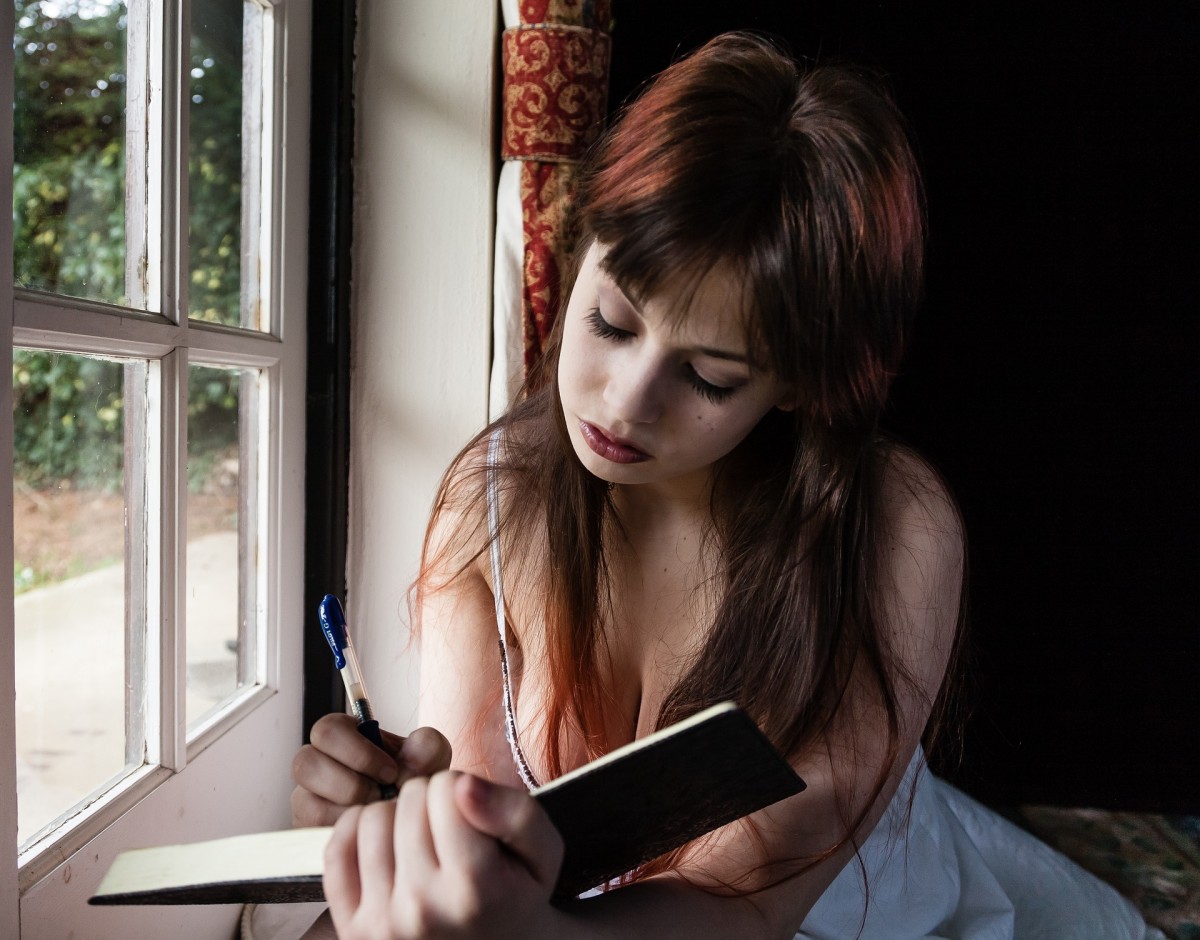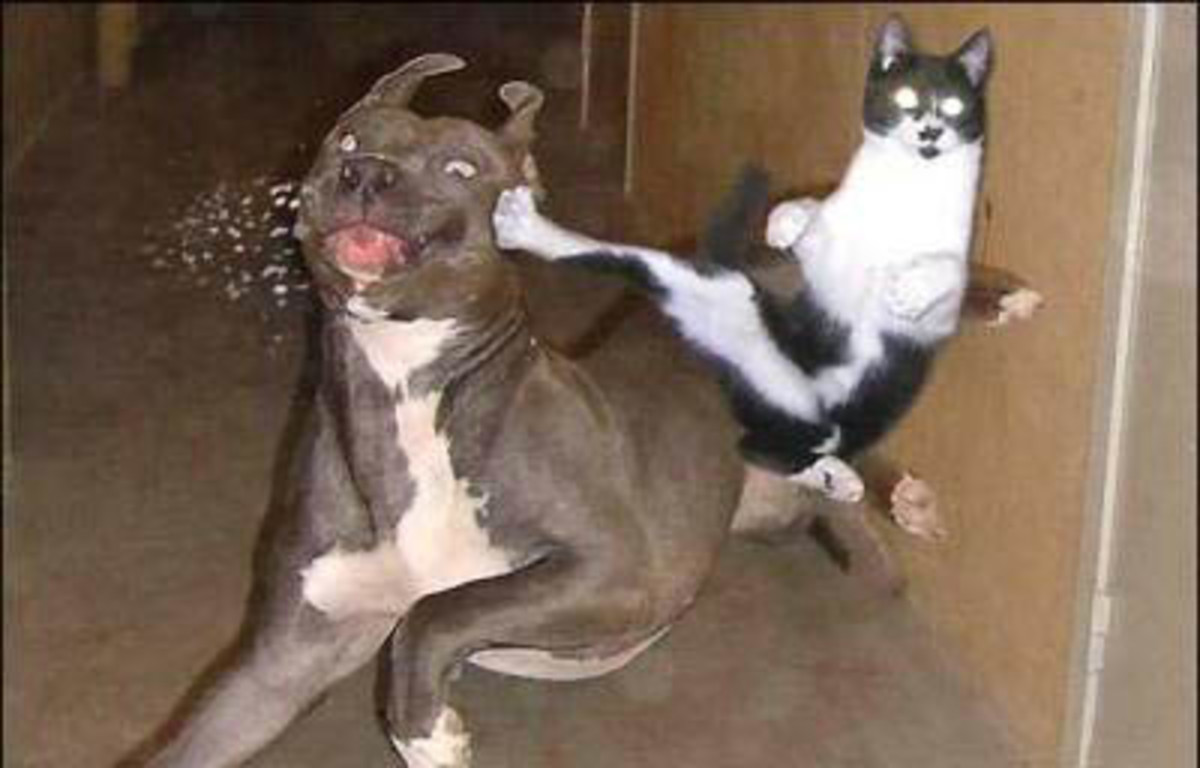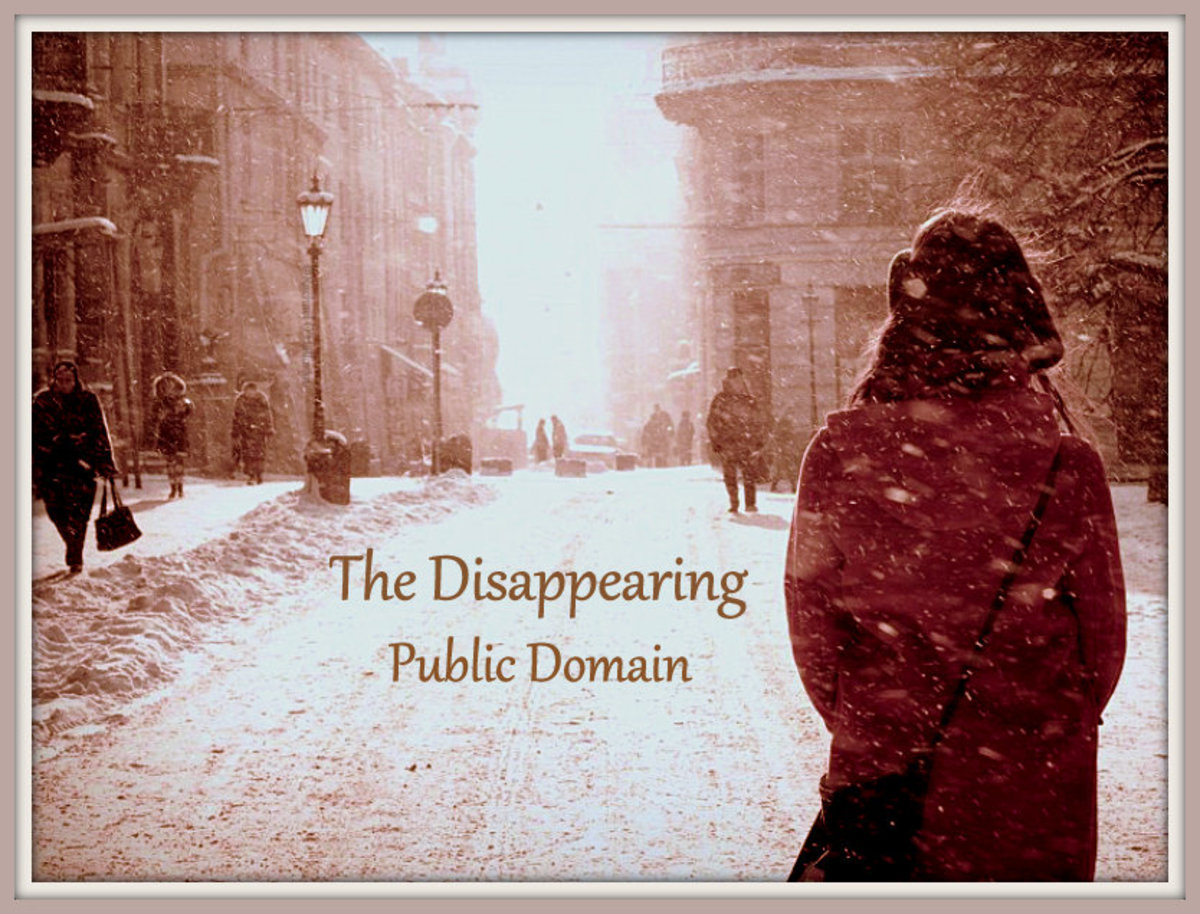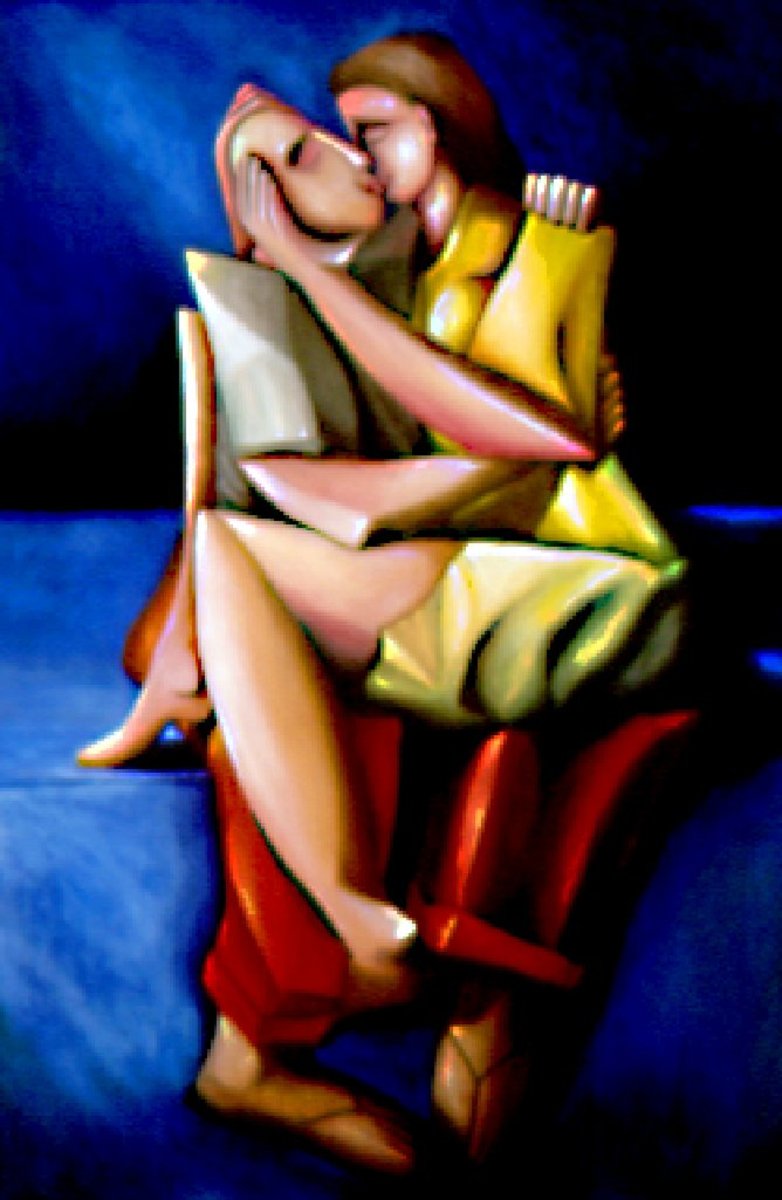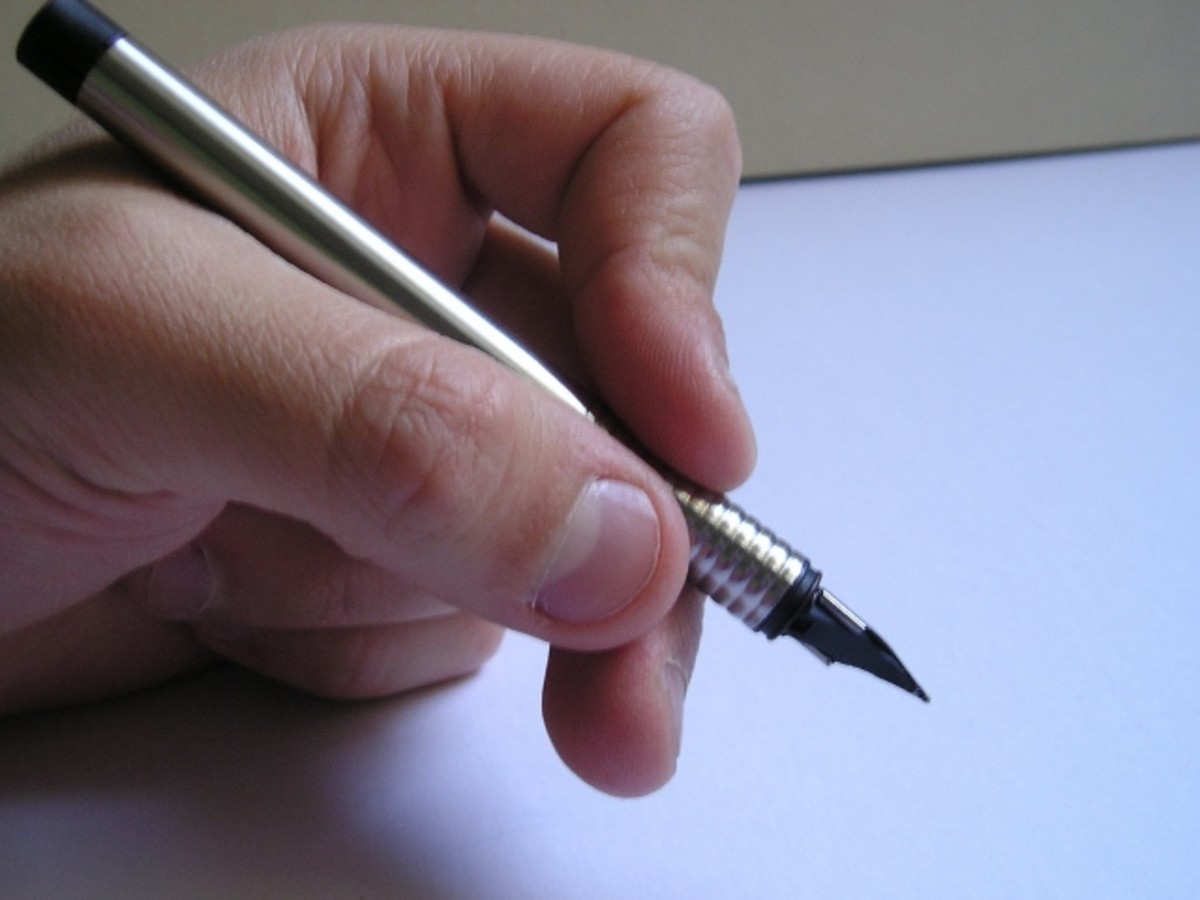How to Avoid Plagiarism
Don't Be a Copycat!

All Your Own Work?
The definition of plagiarism is to take the ideas or works of another individual and pass them off as your own original work. Here is a basic look at plagiarism and its implications from an academic standpoint. Plagiarism is on a par with cheating and won't stand you in good stead with your tutors or help you make progress in your education or career.
Don't Copy - Be Creative!

Good Practice Regarding Plagiarism
Some may feel that plagiarism is quite harmless because the producer of the work has already been paid, but this is distorted thinking. Genuinely creative people will usually be appalled that anyone would wish to do this as they only desire recognition for the things they themselves have created. Copying someone else’s writing and ideas is thus not something a reputable writer or conscientious student would ever contemplate.
If Only Ideas Came In a Can!
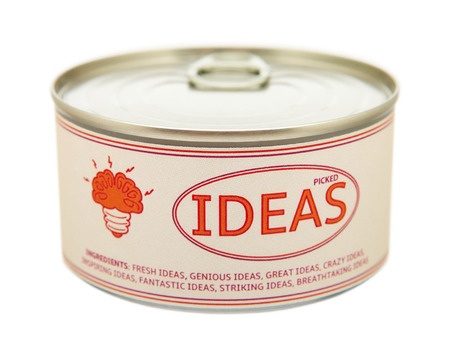
Internet Issues and Copyright
Plagiarism nowadays has more repercussions and far-reaching consequences than ever before with the advent of the Internet. If you copy someone else’s writing and post it on the Internet as written by you, sooner or later you will be found out. It is a serious matter that most reputable writing sites will check as standard. Some may argue that there is nothing new under the sun and that everything is merely a rehashed, updated version of something that came before but to blatantly copy someone else’s work is pure unadulterated plagiarism for which there is no excuse.
Permission should always be requested from the rightful owner whenever their works are to be incorporated into posts or blogs of your own and it is prudent to make sure you are aware of all copyright laws before you do this. Always give rightful credit to the original writer and mention the source or link location.
Be inspired by the works of others - but don't copy them!
— Stella KayeBe True to Yourself
Students who consider plagiarism as a quick fix way to solve a problem when doing homework, think again, because as well as stealing the work of another you aren't doing yourself any favours either. You might have copied and pasted and dutifully fulfilled your assignment commitments, but you won't have learned anything from this pointless exercise. You won't have made any progress or benefited from a genuine learning experience. No input of knowledge will have been gained. Just as someone who has copied the paper of another in an exam, you won't have been true to yourself. Not only have you plagiarised the works of the rightful owner but you've cheated yourself and hindered your own progress.
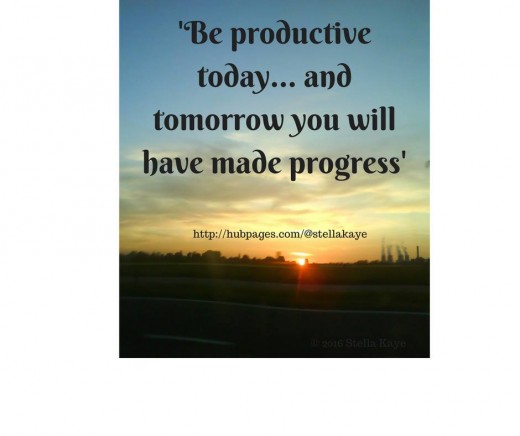
Be Original
Plagiarism is more often than not associated with the written word. It is of course highly plausible that two authors may devise a similar plot to their novels at the same time, but to completely rip off the works of another author - however obscure or even dead - is a complete "no-no." Incorporating the views and opinions of others into your own work is fine, and the use of citations and quotation marks is the normal way to do this, but deliberately making identical or paraphrased copies of the works of others is unacceptable for the reputable writer.
How can anyone call themselves creative if they can’t come up with something truly original to bestow on the world? Creating an original work is always time-consuming; whether you are a writer, painter, musician or artist, you will not only be devoting inordinate time and energy to your creative works, you will likely be putting your life and soul into such projects too. This is what true creativity is all about, so when someone comes along and copies your work and takes credit for it you may feel robbed - even raped - and quite rightly so. Perversely, there are also writers who delight in the fact that their writing has been plagiarised as it confirms their writing must have been of a high standard for someone else to pass it off as their own work!
Internet Writing Is Seldom Well-Paid So When Someone Plagiarises Your Work, You'll Get Even Less!

Be Inspired
Realise your own creativity that you are surely capable of if you believe enough in yourself. By all means, listen to great music, read great works of literature and go to the art gallery to view fine works of art, and then you will find that they may inspire you to great things by sowing the seeds of creativity in your own mind and provide you with the inspiration to create original works yourself. This way you will never consider plagiarism as an option. If you research a subject thoroughly and can speak with confidence about it, there is no need to plagiarise. A keen thirst for knowledge will help you overcome any temptations to copy someone else's work. You will become a competent writer and be proud of your own achievements.
Be Successful With Your Own Writing

Author's Note: a Writer's Standpoint
As someone whose writing has been plagiarised on a number of occasions, I feel there is no real way an Internet writer can take any preventative measures to guard against this blatant form of plagiarism. Anyone can copy and paste away to their heart's content nowadays. My original works have often turned up on sites I haven't even heard off. I was originally a writer on Helium.com which closed a few years ago and since then I've gradually been republishing my original articles on HubPages. At least twenty or so of these articles have been refused publication by HubPages since they viewed them as duplicate content because they appear elsewhere on the Internet. I've been advised to file a complaint against these sites who've hijacked my writing but as they rarely have any contact details this is proving impossible. I'm thus left with the only option of doing a complete rewrite which is frustrating especially when many of those articles are based on personal memoirs and could not possibly have been written by anyone else!
I've kept all my original articles and now whenever I try to republish one on Hub Pages, I have to conduct a Google search of the first few lines to check that it's not already published elsewhere! It makes me wonder whether any of these sites who have posted my articles have actually been paid something for reproducing them. They are certainly not giving me any remuneration or recognition as the original author!
I'm sure many other Internet writers have had similar experiences as there are sites full of articles that have given no proper accreditation to the original author at all. But the offending sites have blatantly put their own copyright symbols on the articles at the foot of the page!
It takes a huge amount of effort and research to compile an interesting article which has great content and relevant up-to-date information; so monetary aspects aside, it's annoying and upsetting when an original author such as myself discovers one of their articles published on a site they have absolutely no connection with.
Avoiding Plagiarism
Plagiarism Checkers
There are several sites on the Internet where you can check a document for plagiarism. Some will allow you to check an entire document and others let you check a few paragraphs, Some sites are free and others charge a small fee. These sites can be useful for teachers and tutors if they suspect their students of cheating. These sites can be invaluable tools in perfecting your writing strategies.
More advice on avoiding plagiarism
© 2015 Stella Kaye

